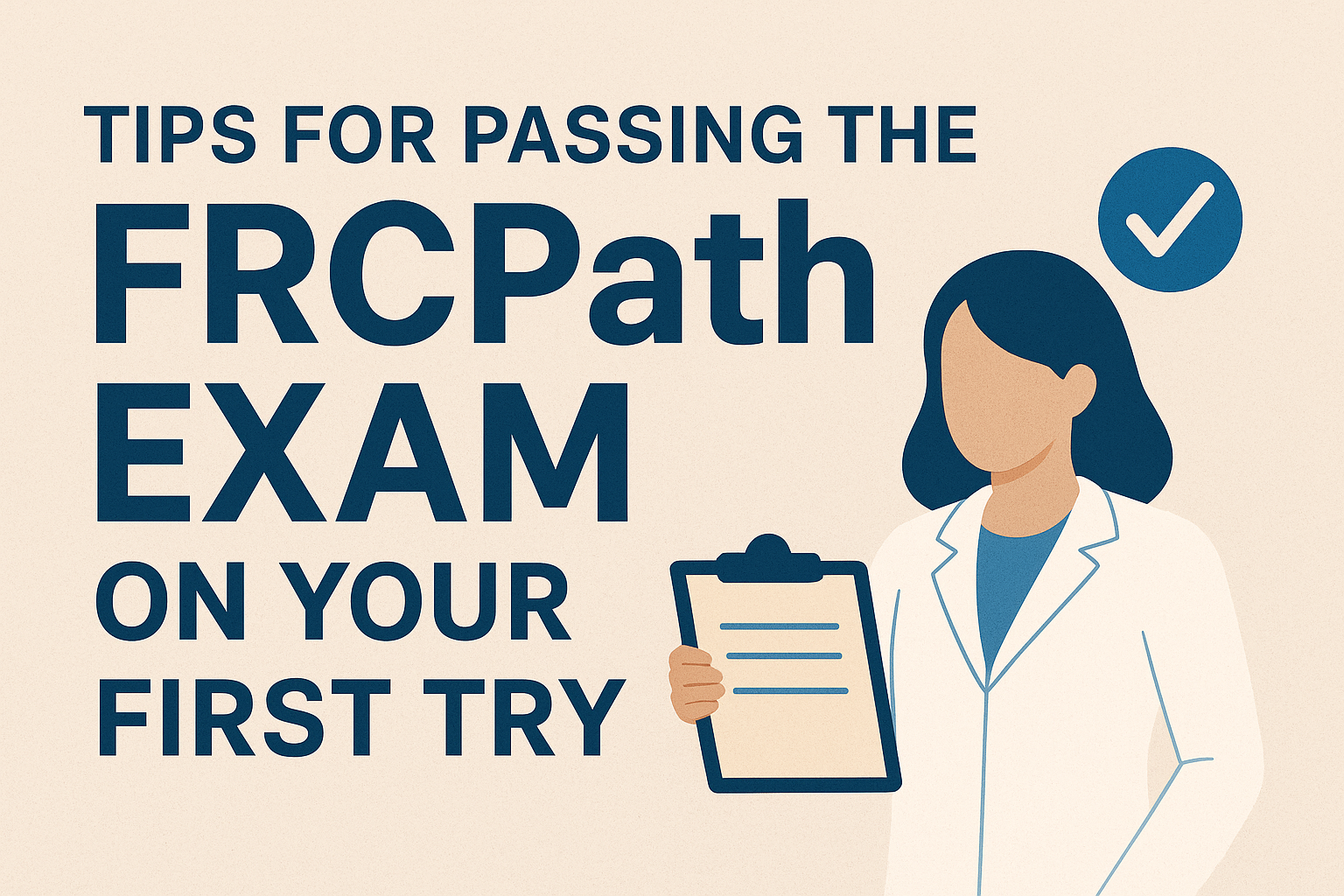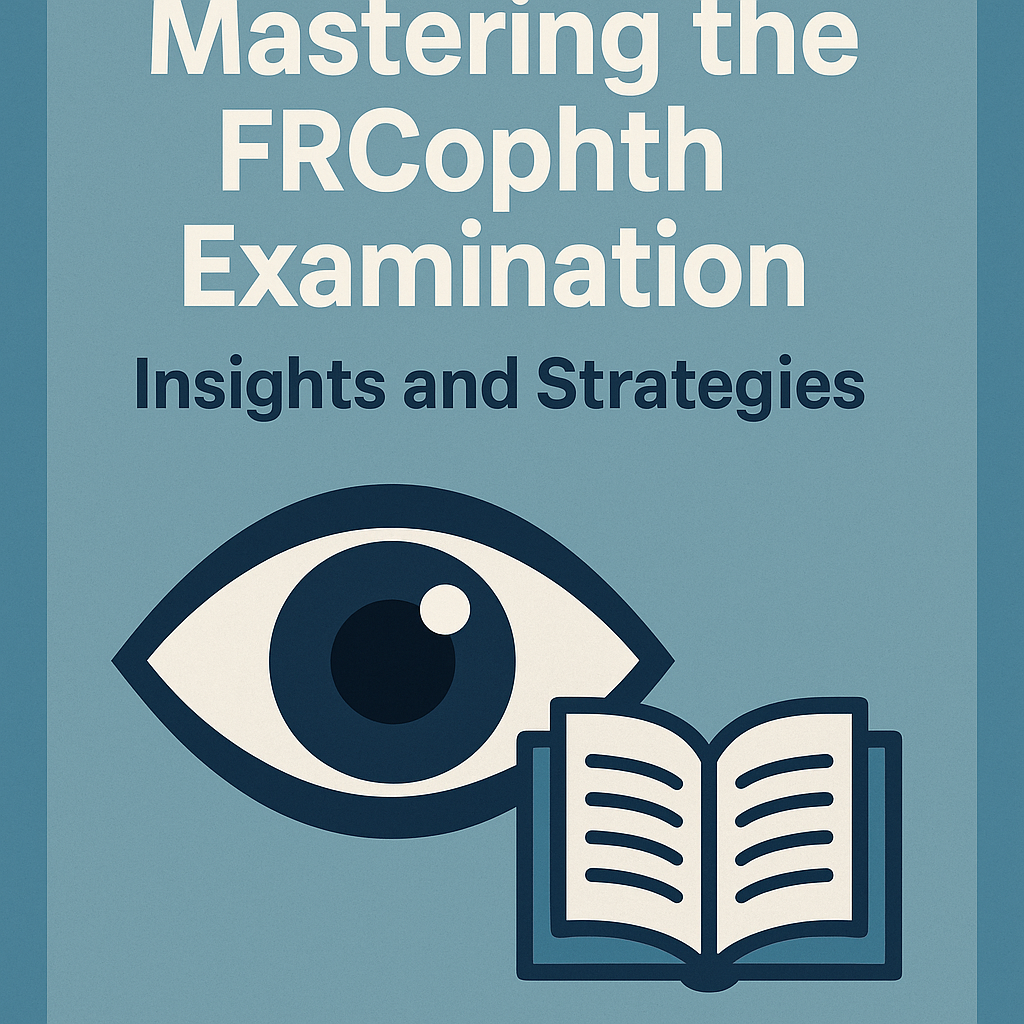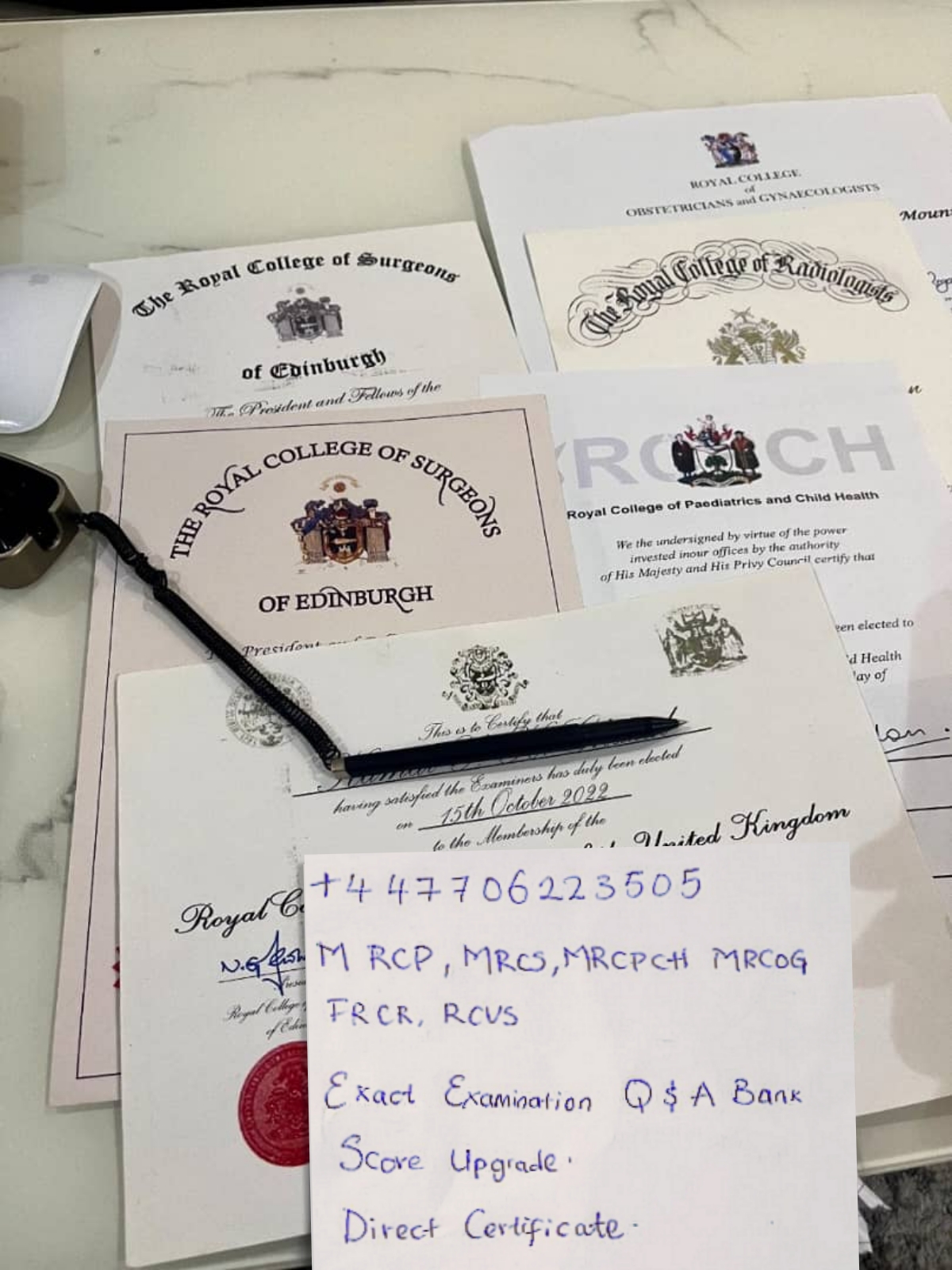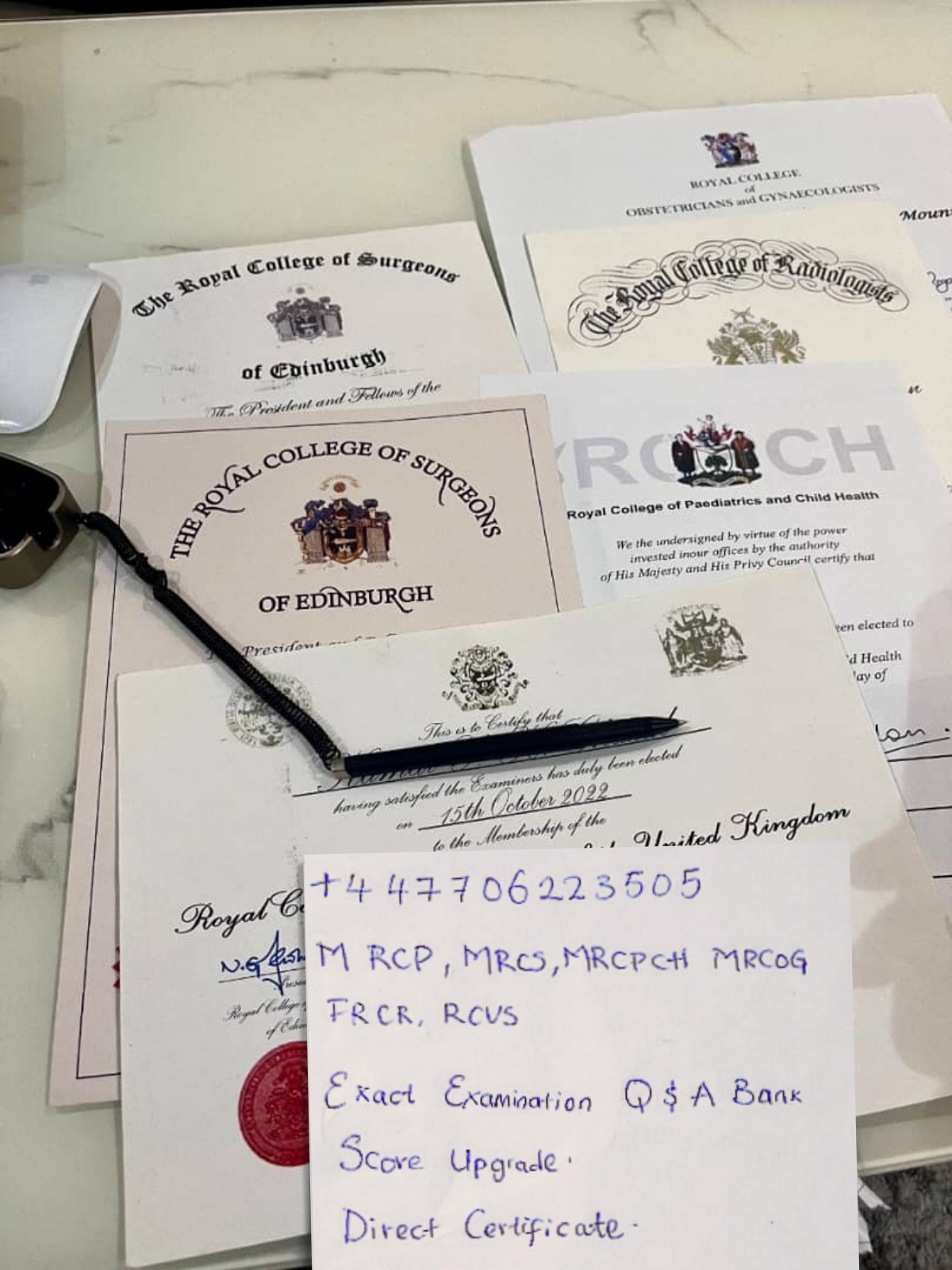The Membership of the Royal Colleges of Surgeons (MRCS) remains a foundational milestone for surgical trainees in the UK. As of 2025, significant updates have been introduced to both the Part A (written) and Part B (OSCE) components. These changes reflect evolving standards in surgical education, patient safety, and clinical practice. MRCS exam dates 2025
Whether you’re a Foundation doctor preparing to enter core training or already in CT1/2, understanding these updates is vital. Here’s your comprehensive guide to the MRCS changes in 2025.
1. Overview of the MRCS Exam
The MRCS is divided into two parts:
- Part A: A five-hour, computer-based examination consisting of two papers (Applied Basic Sciences and Principles of Surgery in General). This can be attempted up to six times, including one possible additional attempt with supervisor approval.
- Part B (OSCE): A practical, clinical skills examination comprising multiple stations designed to assess competence in patient interaction, surgical anatomy, and procedural skills .
Together, these ensure candidates possess the core knowledge, professional behaviors, and technical abilities required to progress in surgical training. MRCS exam dates 2025
2. What’s New in 2025?
a) Part A: Regulatory Updates
A document published in January 2025 outlines several key regulation updates:
- Attempt limit enforcement: Candidates now have a maximum of six attempts for Part A and four attempts for Part B OSCE. One extra attempt per part can be granted under the “Additional Attempt Policy” if supported by your supervisor and educational evidence.
- Seven-year time window: After passing Part A, candidates have seven years to pass Part B; otherwise they must retake Part A.
- Declaration of fitness-to-practise history: Those erased, suspended, or under GMC restrictions must declare this during application. Failure to do so can result in penalties.
These changes re-emphasize the importance of planning and transparency throughout the MRCS journey.
b) Part B (OSCE): Structural Enhancements
While some updates occurred in 2020, active refinement continues into 2025:
- Clinical station reduction: The number of physical examination stations was reduced from 4 to 3 per OSCE.
- Pilot station rollout: At least one non‑scored (pilot) station is now routine, keeping total stations at 18.
- Health Promotion & Patient Safety: These were formally integrated—Health Promotion into communication skills and Patient Safety woven into anatomical and procedural scenarios.
- Maintained rigor: Adjustments ensure consistency of pass rates after GMC approval.
These enhancements reflect the GMC’s General Professional Capabilities, reinforcing holistic clinical competency.
3. Key Dates & Logistics for 2025
Staying on top of deadlines and dates is essential:
- MRCS Part A
- April 2025 sitting: application deadline 20 Feb; exam 29 Apr; results ~29 May.
- September 2025 sitting: apply by 3 Jul; exam on 16 Sep; results mid‑Oct.
- UK-based exams are held at Pearson VUE centres; international fees vary.
- MRCS Part B (OSCE)
- July 2025 UK sittings: doc‑submission by 7 Mar; exam between 9–16 July.
- Other international sessions available mid‑year .
Candidates must meet all documentation deadlines or risk withdrawal without refund.
4. Implications & Advice for Candidates
🧠 Preparation Strategies
- Early booking: Secure exam slots ASAP after application to avoid Pearson VUE availability issues.
- Regulations review: Read MRCS regulations (Jan 2025) thoroughly to understand eligibility, limit rules, misconduct protocols, and appeals.
- Structured revision:
- Part A: Focus MCQs across ten modules, using past papers and question banks aligned with syllabus.
- Part B: Develop OSCE confidence via frequent mock stations, anatomy drills, communication practice, and safety/promotion scenario rehearsals.
📆 Timing Considerations
- Take Part A in CT1 and Part B in CT2, as recommended ﹣ though flexible, earlier attempts can reduce available retakes .
- Monitor exam windows capacity: during peak seasons, online booking may be challenging. Many candidates report “glitches” during Step 3 booking—signposting a high-demand environment .
🧾 Administrative Compliance
- Documentation:
- Match name exactly to photo ID at booking.
- Submit eligibility, internship proof (e.g., for Egyptian candidates), and any special adjustment requests after booking .
- Fitness-to-practise: Declare any GMC restrictions; failure to do so can lead to exam debarment.
- Withdrawals: Must be notified 12 weeks out for full or partial refund. Others may result in forfeiture.
🏅 Attempts & Time Limits
- Max six attempts at Part A and four at Part B, plus one discretionary extra.
- Complete Part B within seven years of passing Part A to avoid re-sitting the entire Part A.
- Additional attempt applications must provide educational progress evidence and supervisor endorsement.
5. Putting It All Together: MRCS Timeline Summary
| Phase | Action |
|---|---|
| CT1 (FY2+) | Apply & prepare for Part A. Book Pearson VUE. |
| CT2 | Sit & pass Part A. Apply for Part B OSCE. Start practising OSCE skills. |
| Post-Part B pass | Apply for MRCS membership → Membership of Royal College. |
| If failed | Resit within allowed attempts/timeline; consider additional attempts. |
6. Real Insights from Candidates
Reddit threads show anxiety around booking and results timing:
“Don’t panic mate…it will clearly state your score/pass mark…and it could be in the evening…”
“Use a system, not mobile device…and when you get to step 3…the glitch shows up” (confirmed many candidates retook bookings after glitch)
These anecdotes highlight the significance of preparation—not only academically but logistically.
7. Final Notes & Readiness Checklist
Before booking or sitting the 2025 MRCS, ensure:
- Eligibility: GMC registration, medical degree certificate, internship completion (if needed).
- Documentation: Name match, declarations, adjustments submitted.
- Booking logistics: Early slot reservation, Pearson VUE booking, exams scheduled in CT1/2 period.
- Syllabus coverage: Ten modules (Part A), OSCE stations, safety & health promotion themes.
- Plan B readiness: Understand attempt limits, timelines, extra attempt policy.
- Well‑being: Scheduled breaks, balanced revision, and self‑care.
🎯 Conclusion
The 2025 MRCS updates reinforce the balance of theory, clinical practice, and regulatory clarity. The shift towards structured limits, safety and communication integration, and process transparency reflects a modern educational ethos. By navigating deadlines, understanding station formats, and preparing deliberately, candidates can align effectively with these revamped expectations. With smart planning, realistic timelines, and consistent practice, the path to MRCS success remains solid. MRCS exam dates 2025








